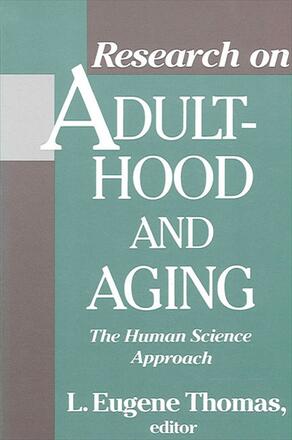
Research on Adulthood and Aging
The Human Science Approach
Alternative formats available from:
Description
By borrowing from a wide range of disciplines such as psychology, sociology, anthropology, psychiatry, and the humanities, this book gives a more "human," personal voice to the many experiences of aging. The result is a new sort of social science research, one which often reads more like literature than social science. Indeed, the author uses a wide variety of techniques borrowed from the humanities, from hermeneutics to oral histories, in addition to the more traditional social science methods.
Reviews
"The topic is significant since it represents a bridge between the social sciences studying aging and the humanities seeking a role. It answers the question, 'How can the humanists and the social scientists work together to further understanding of adult development and aging?'" — James E. Birren, Andrus Gerontology Center, University of Southern California
"It addresses an important and promising new development in the field of aging, i. e., the application of human science methods to the study of aging and adult development. The topic is certainly significant. It is important because it is the first human science 'methods' book in the field of aging, which should soon make it central to the field. " — Edmund Sherman, Ringel Institute of Gerontology, State University of New York, Albany